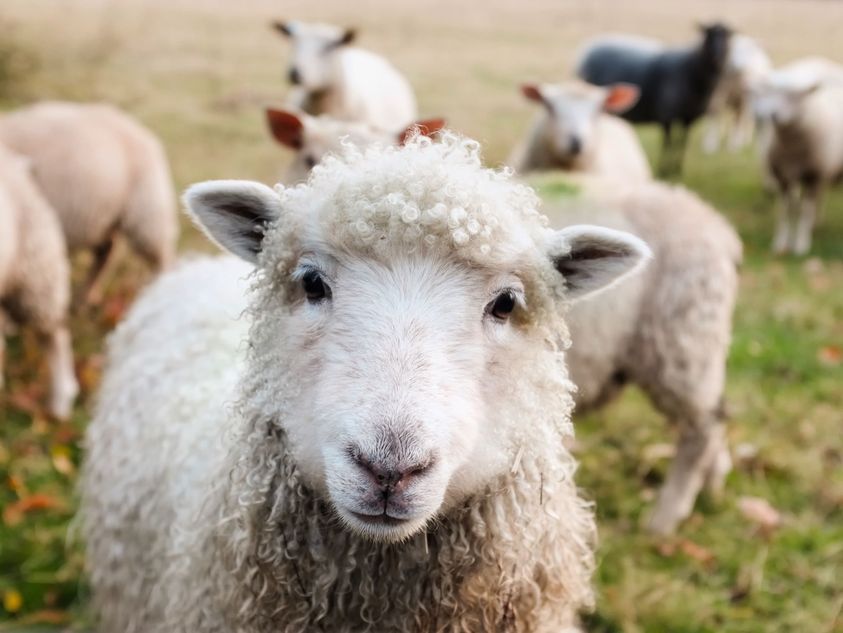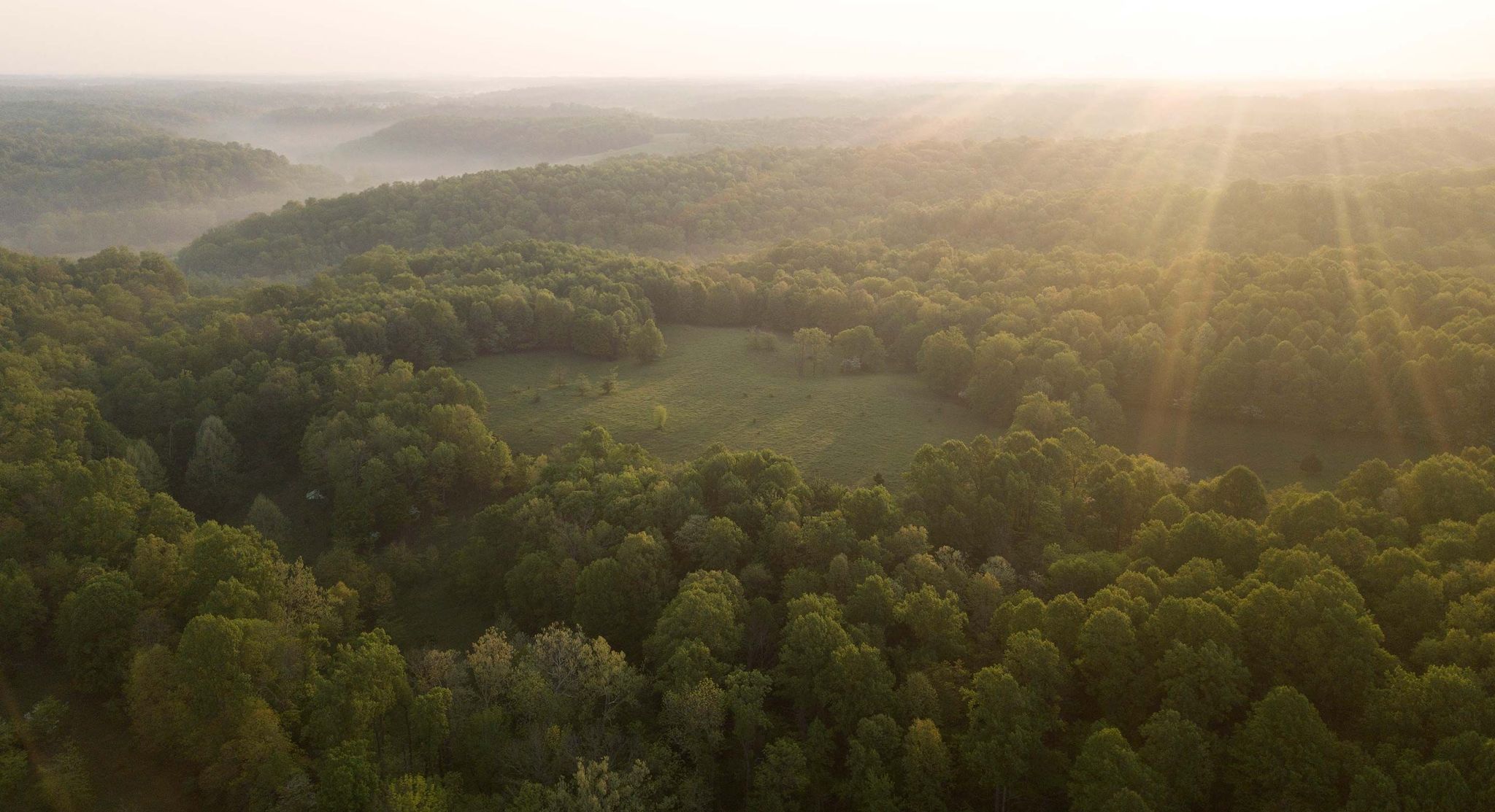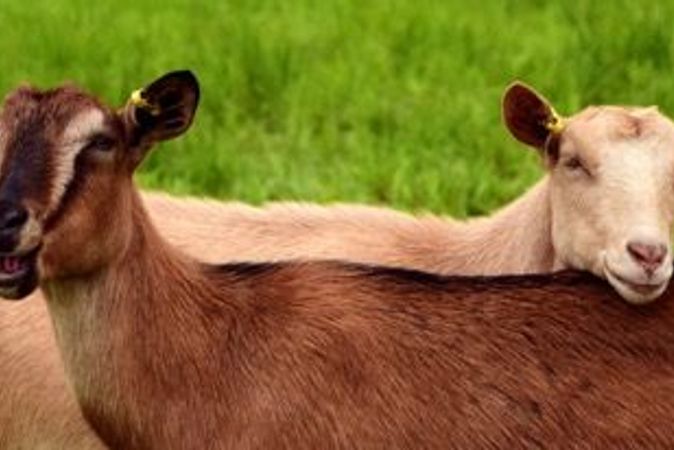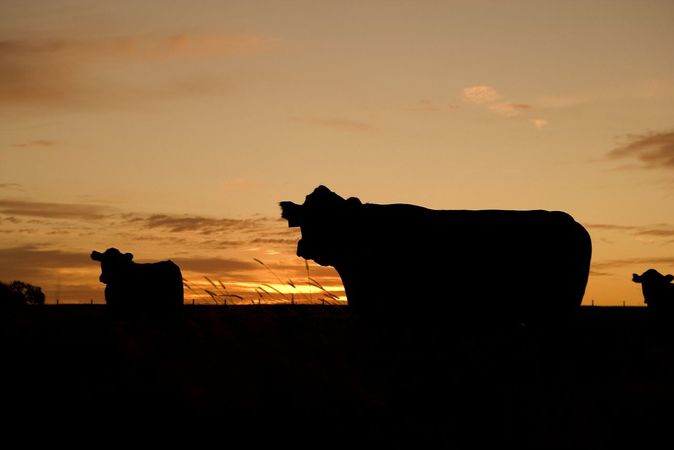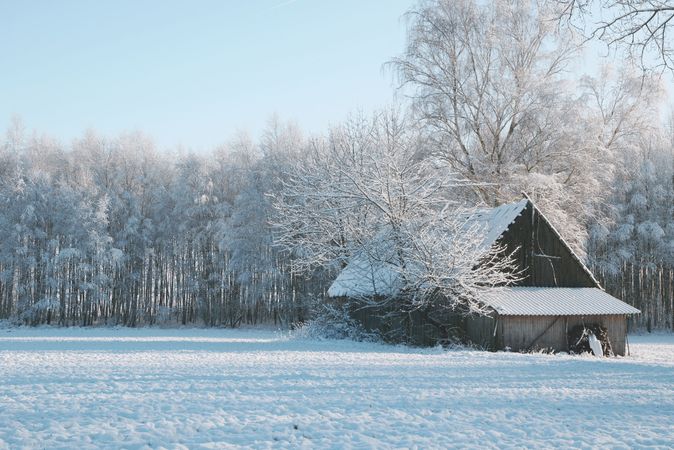Whether you have cows, chickens, sheep or other livestock, chances are predators are lurking nearby hoping to make a meal of them. Coyotes, wolves and dogs in the suburban areas are all something to keep on your mind. There is no single answer to all predator situations. Each is unique and requires unique considerations. The end goal is to make predators think eating your animals is much harder than hunting mice, rabbits and other small game and rodents in the fields or woods.
Fencing
Fences are designed to place a physical barrier between your livestock and their predators. It should be known that constructing a fence to keep predators out can be more costly than a fence to keep your livestock in. The height has to be greater (roughly six feet) since coyotes have been known to jump over a fence. And if you have a large area that needs to be fenced, this might not be the most cost-effective option.
For this reason, livestock owners will generally gravitate toward an electric fence. They are cheap to construct and can deter predators such as coyotes, wolves and foxes. Electric fences can be single strand, multi-strand or mesh wire designs. Mesh wire tends to offer a better barrier and will require less maintenance than the other two types. Most electric fences can be powered by solar power, so a nearby power source isn’t required. Be careful if you’re a sheep owner. The wool on the sheep makes it easy for them to slip under the fence without getting shocked.
Guardian Animals
This is usually the first thing that comes to mind when you think about protecting your livestock from predators. Guardian animals range from donkeys, llamas and mules to the most common type: livestock guardian dogs (LGD). Deciding which guardian animal is right for you depends on the predators. Donkeys and llamas will work if coyotes are your main predator, but they won’t care about raccoons or minks, and they can’t protect against wolves or mountain lions.
If you’re thinking a dog is what you would prefer protecting your livestock, it’s going to take more than just going to the shelter and picking out a puppy. LGDs should be born and raised on a farm with both of their parents being LGDs. They should also be of an LGD bloodline. Sure, people have gotten lucky using non-LGD breeds, but that can lead to tragic endings. Read and learn about the most common and best breeds of LGDs. It’s important to remember that an LGD is a working animal and not a family pet.
Housing Livestock At Night
Most predators that threaten your livestock are nocturnal. By locking your livestock up at night in a well-built shelter, you are preventing loses. This is especially true if you have poultry, which are common prey of raccoons. The shelter should be constructed of sturdy materials and have no large openings. If your predator is known to dig under the shelter, make sure you have a contained floor to prevent this.
Good Husbandry
Predators tend to kill livestock more frequently during certain times of the year. This is generally during the spring months when predator offspring is putting a demand on mature animals for food. To prevent your livestock’s offspring from being targeted as a food source, if possible, try to adjust the breeding schedules so they come before or after the schedules of your predators. With this being said, all young animals are vulnerable to predation, and they should be kept with their mothers, in or near a farm building or structure or behind a good fence at all times.
Multi-species grazing together can sometimes be effective. For example, goats and sheep are far more likely to be victims of predation than cattle. By allowing them to graze together, you can reduce the risk of the sheep and goats getting attacked.
The above suggestions are a starting point to protecting your livestock from predators. If you do end up losing an animal to a predator, try not to be too hard on yourself. It’s all a part of living on a farm.


